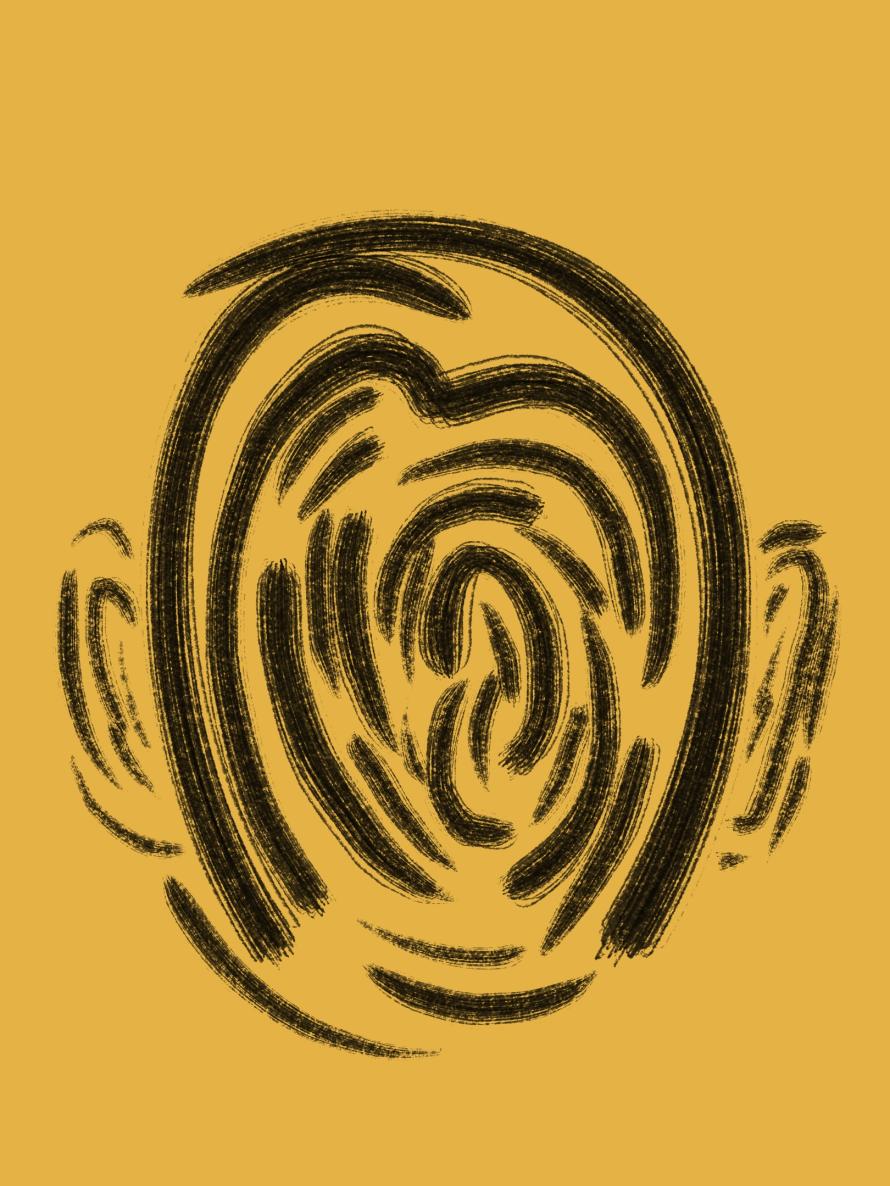Think you know yourself better than anyone else?
Although we may feel like no one understands us better than ourselves, research shows that our friends may know us better than we think.
Many of us have succumbed to the temptation to take a personality test, one of the most popular being the Myers-Briggs Type Indicator. It seems then that a lot of us want to understand ourselves better. As much as we hate to admit it, as social beings, we accord significant value to how others view us. Given that these personality tests often rely on self-reporting, how accurately do we know ourselves? How does our self-perception and perception of others affect our interpersonal relationships?
In her co-authored paper titled “I still cannot see it—A replication of blind spots in self-perception,” Dr. Erika Carlson, an associate professor in the department of psychology at the University of Toronto Mississauga, along with other academics, addresses these concerns. Published in 2015, they write: “People tend to believe that they know themselves better than other people know them.” After all, we’re the only ones capable of having recourse to direct knowledge of our thoughts and feelings.
However, research has challenged this assumption. It turns out that there are significant barriers to self-knowledge, like personal biases, which may lead us to exaggerate certain beliefs we have about ourselves.
Imagine taking your driving test for the first time, feeling as ready as you’ll ever be. You’ve watched countless YouTube videos and even read manuals. Sure, you barely practiced on the road, but you should be fine. Sadly, you fail, explaining it’s just because you didn’t stop for three seconds at any stop signs. You still claim that you’re (supposedly) an amazing driver since you killed it in parallel parking—a skill only few master! But are you really as good a driver as you think?
Many people form biases about their cognitive capabilities that complicate their self-understanding. This is known as the Dunning-Kruger effect. For example, a survey found that roughly 70 per cent of Canadian drivers believe that they are better drivers than most. Yet, their friends awarded them lower ratings than they assigned themselves. On the other hand, some people underestimate their qualities, indicating that our levels of self-awareness may be lower than we want to believe.
“A growing body of research shows that the impressions others have of an individual’s personality can provide valuable information above and beyond the individual’s self-perception,” adds Dr. Carlson and her co-authors in their paper. So, while their studies found that most people agreed with others about their general personality traits, they did note that we typically unknowingly have blind spots. In other words, people can often be more appreciative of our unique qualities—qualities that we may otherwise be oblivious to. The researchers refer to these special traits as our “blind spots.”
But the story might be slightly different when it comes to judging one’s moral character, arguably one of our most influential traits. “Of the many impressions people form of themselves and others, impressions of moral character are likely among the most relevant and consequential,” writes Dr. Carlson and her colleagues in another paper titled “Disagreement About Moral Character Is Linked to Interpersonal Costs.” After all, moral views play a crucial role in our decision-making. For example, it influences who we think we can trust. This, they note, contributes to why judgements about moral character shape interpersonal relationships.
Published in 2016, the study notes that it is harder to reconcile our perception of our moral character against the consensual view given by our peers, as they often don’t entirely match up. While being viewed by our peers as someone with a strongly positive moral character can be beneficial, they argue that this mismatch between our perceptions bears costs.
The authors note that our positive judgement about someone might be affected by that person viewing themselves more highly than we view them. “Tom might appear to be arrogant if he claims to be more honest than Jane thinks he is, or their differing viewpoints might create interpersonal conflict,” they explain. “This prediction is based on a growing body of work that suggests people enjoy individuals who acknowledge their flaws more than people who do not.” In fact, admitting your weaknesses is often seen as a sign of authenticity and determination.
Given its pivotal role in shaping our relationships, being self-aware is crucial. In addition to improving our relationships and decision-making, it is beneficial to overall well-being. Research shows a positive link between self-awareness and happiness. In particular, studies have found that internal self-awareness—how we see ourselves and our values—improves work satisfaction, relationship satisfaction, and content. External self-awareness, which is concerned with how others view us, improves employer-employee relationships and generally increases one’s disposition to act empathetically.
Yet, we’re left wondering: How do we do this? How do we maintain an objective perspective on ourselves?
Both forms of self-awareness are important; a balance must be established. But there does not seem to be a straightforward answer to these questions. For some, practicing introspection and mindfulness might help, whilst for others, immersing themselves in new experiences might be the way to go. Although personality testing may help provide some insight, we must remember that our self-perception might be flawed, leading to inaccurate results. Regardless, as we continue to understand ourselves better and the way people see us, we have the ability to form more realistic expectations, strengthen our relationships, identify our strengths, make more informed decisions, and improve our well-being.

